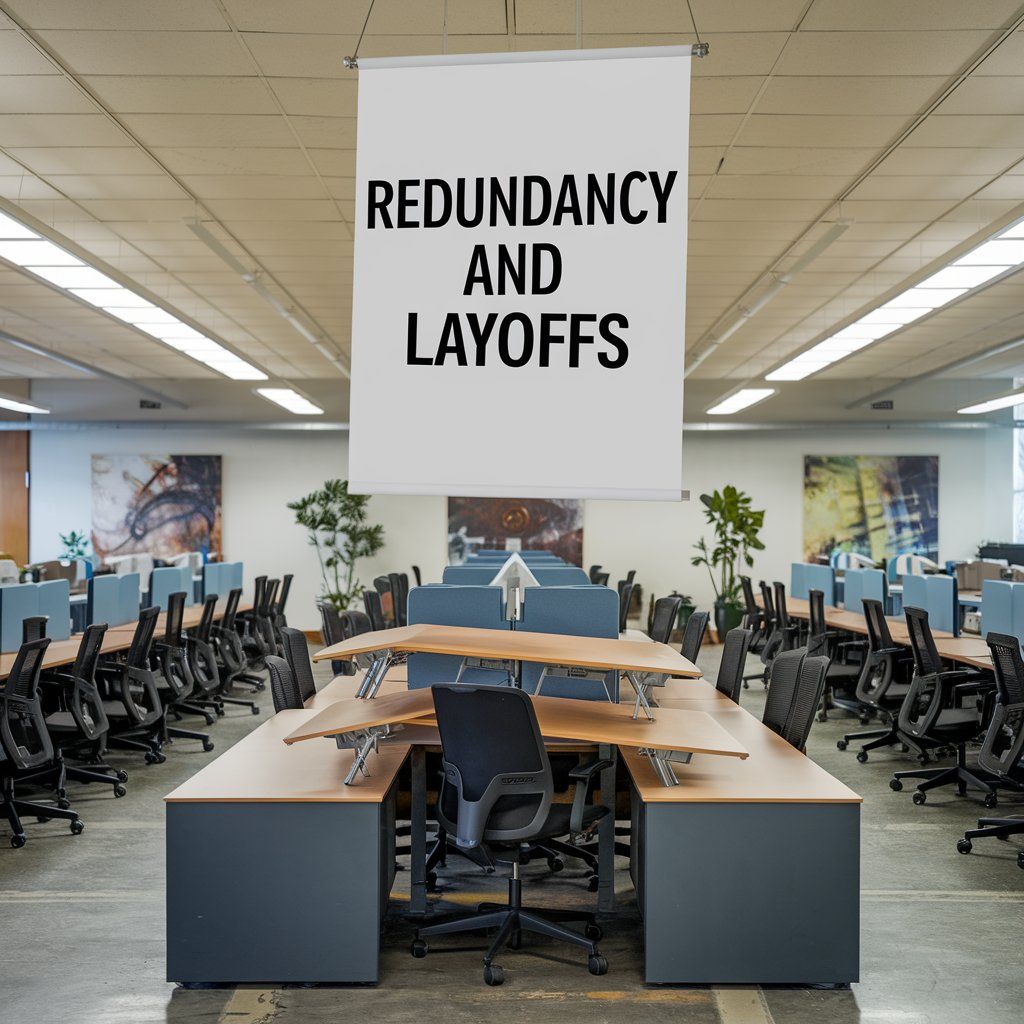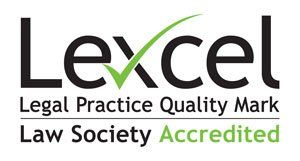First legal steps following a bereavement
At what is already a difficult time, finding out what to do when someone dies can be overwhelming. This blog aims to help you understand your legal responsibilities following a death.
How is the funeral paid for?
When arranging the funeral, the funeral director is likely to request a deposit. However, you should be very careful before agreeing to any personal financial commitment as the funeral should be funded from the deceased’s estate. It is always sensible to take legal advice to be sure of your obligations and to check whether the deceased has left any instructions relating to the funeral with or in the Will of the deceased.
What if there is a Will?
You should establish whether there is a Will and where the original Will is stored. The original Will will be required to deal with the estate. You should check who is named as Executors and that you fully understand the contents of the Will. If you are an Executor, you can deal with the administration of the estate yourself or you can ask a solicitor to do it for you. You will need to ensure that all outstanding debts are paid and the remaining estate is distributed in accordance to what is in the deceased’s Will.
What if there is no Will?
If there is no Will, the estate will be distributed according to the Government’s ‘intestacy rules’. Even if the family agree on what should happen, intestacy rules do not recognise many modern family set ups and it would be sensible to seek legal advice to make sure that everyone who should be, is provided for.
Who do I tell about the death?
As part of administering the estate, there is a legal obligation to inform certain organisations and government departments. These include; financial institutions; Government departments; the Child Benefits Office; the Tax Credit Office; HM Revenue and Customs; TV licencing; the local Council and utility companies.
What is Probate?
Probate is one of the legal documents which are issued by the Probate Registry and gives Executors the power to deal with the assets of the estate. If there is no Will, a Grant of Letters of Administration is required. Without this document you cannot be reimbursed for estate expenses, sell property, access bank accounts, pay outstanding bills, sort out finances or share out the assets of the estate. Executors can apply for grants themselves but the process can be extremely complex, stressful and time consuming. It is usually sensible to seek professional legal advice.
Who is responsible for unpaid debts?
The Executors or Administrators of the estate are responsible for ensuring that any outstanding debts are paid for out of the value of the estate. If the amount of debt outweighs the value of the estate, you will need to take legal advice.
When should I contact a Solicitor?
You can contact a solicitor at any time during the process although it is often easier to do so at the beginning so you can get the right advice for your situation. There are a number of circumstances in which you will almost certainly need to take legal advice. These include:
• There is no Will
• The Will is unclear or difficult to understand
• The Will contains Trusts
• Executors are unable or too busy to deal with the administration of the estate
• Executors are unable to find or obtain any paperwork relating to debts and assets or if you need help to access digital information
• There are complications or uncertainty around ownership of assets
• The estate is likely to be subject to inheritance tax
• Outstanding debt outweighs the value of the estate
How can we help?
Our friendly and approachable team are experienced in all aspects of estate work and are always here to help and answer your questions. We are just a click away….
Contact Us




